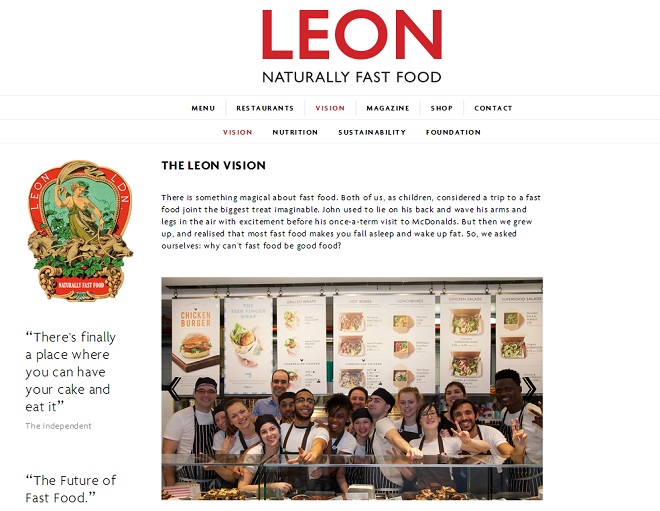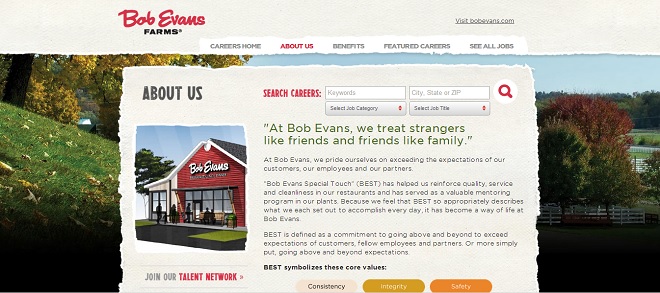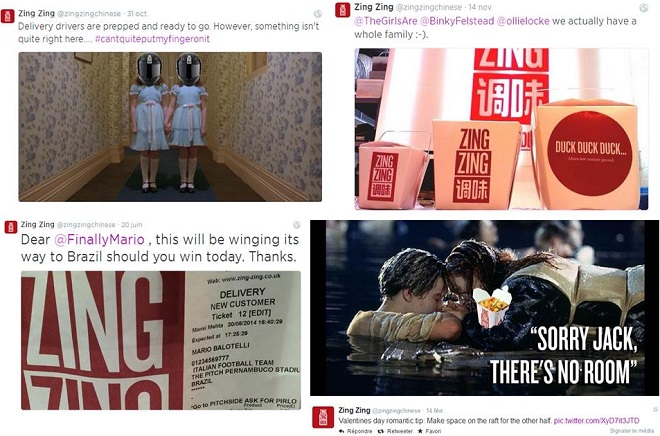

Erika Silva Aguilera est consultante et professeur spécialisée en restauration.
With no strategy and no objectives, we are quite simply wasting our time on social media platforms. Here’s how to define a social network strategy.
I have noticed that lots of people post photos, offers, quotations, products, etc. on their social media accounts, either for personal or professional purposes, but I have rarely seen a strategy, to say nothing of clearly stated objectives. We tend to associate marketing strategies with a mountain of work, effort and even money at a time when all three are in short supply. And yet, defining a marketing strategy is essential if we are to get our business off the ground and make a name for ourselves in the virtual world. And it doesn’t cost a penny (other than the time spent).
To develop a clear, customer-centric social network strategy, I recommend the following three steps:
- Determine the value of your enterprise
- Know your customers’ requirements and expectations
- Focus on what makes you stand out
1. Determine the value of your enterprise
List all your qualities, i.e. those that allow you to excel in what you do and in what you offer, and determine the value that you want your customers to associate with your brand name. This set of values will form the basis for defining your strategy.
Here you will find examples of restaurants that have clearly identified the values of their brand, and that undertake to uphold them by sharing them online with their target:
Fresh healthy café: quality, nutritional diversity, environment respect

Leon Naturally Fast Food: flavours and natural healthiness of Mediterranean cooking, childhood recipes and a family spirit.

Bob Evans Farms: quality, service, integrity, tradition, honesty.

2. Know your customers’ requirements and expectations
In your list of values, try to identify those that correspond to your customers’ expectations. For this purpose, you must think about the reasons that would motivate customers to come to your restaurant. Is it to taste original, high-quality cooking? Or to escape from their daily lives to a completely different environment and atmosphere? Or perhaps to establish links with you, your staff or other customers? You must develop your strategy based on your ability to meet your customers’ requirements.
Leon Naturally Fast food chain has identified two main sets of values that are both reflected on its Facebook page: healthy cooking inspired from Mediterranean flavours and a family spirit.

3. Focus on what makes you stand out
You have to differentiate yourself from your competitors. While the customer’s experience will usually suffice in terms of differentiating yourself and making you unique, you must nevertheless think about the qualities that set you apart from your competitors. Your goal must be different and better than that of your competitors.
Zing Zing, the Chinese delivery food restaurant has clearly understand that, apart from its delicious chinese food, its strength and differentiating factor lies with its visual modern and unique image and its off-the-wall sense of humour. Its Twitter account @zingzingchinese includes photos featuring the brand in artistic ways or in funny and off-the-wall situations.

On YouTube, customers from the Benihana restaurant in Piccadilly share videos of their unusual experience with the crazy and very talented Chef Charlie. Such a differeniating cooking approach ensures the restaurant a great engagement level from their community on social media, who want to share their experience with others.
Define your objectives
Now that you know who you are and who you customers are, you must define your objectives. How can you obtain real results thanks to your online presence? You must think about why you want to be present on the social media platforms. Is it:
- to generate leads? (i.e. potential customers who have shown an interest in your brand or establishment)
- to improve your visibility?
- to promote your business?
- to foster loyalty?
- to create a network of services?
- to market a new product?
- and so on.
Once you have defined the reason(s) for your presence on the social media platforms, you will be in a position to develop more effective strategies and thus obtain the desired results. My view is that, before embracing social networks, you need to analyse who you are, why you exist on the market, and for whom. Otherwise, you may well be merely wasting your time.
To conclude, I will cite Laurence J. Peter who rightly said: “If you don’t know where you are going, you will probably end up somewhere else.”
What do you think?





Comments